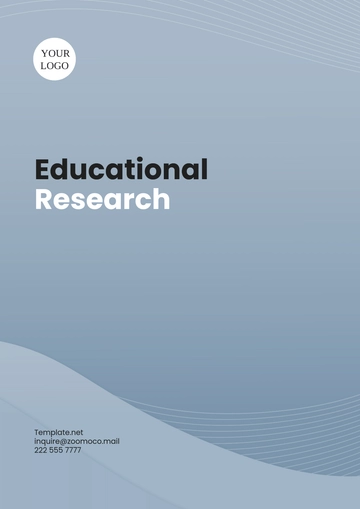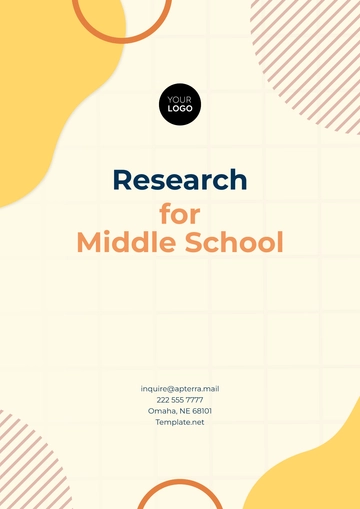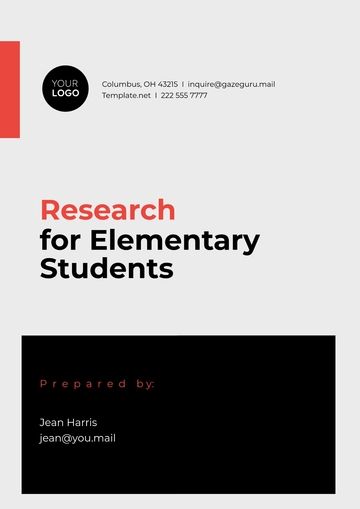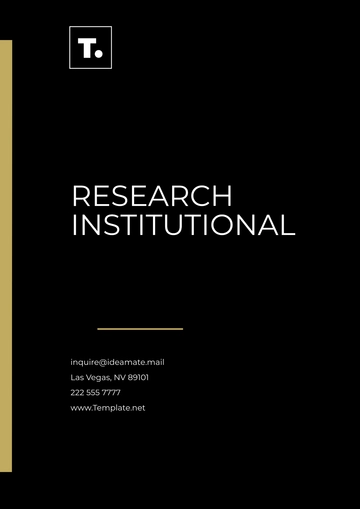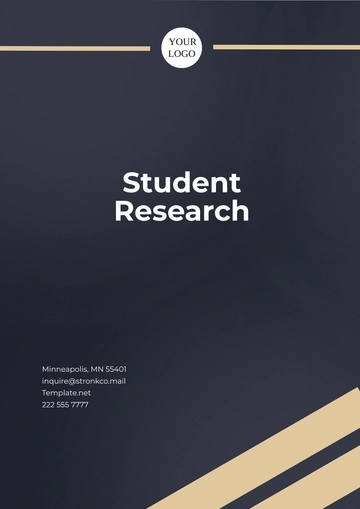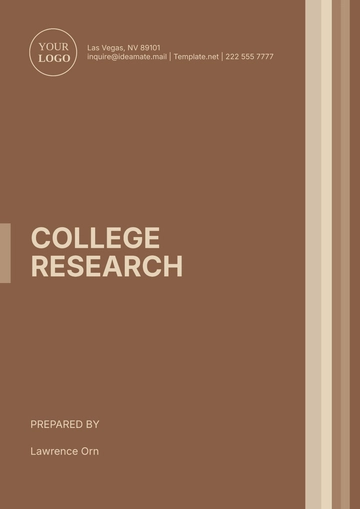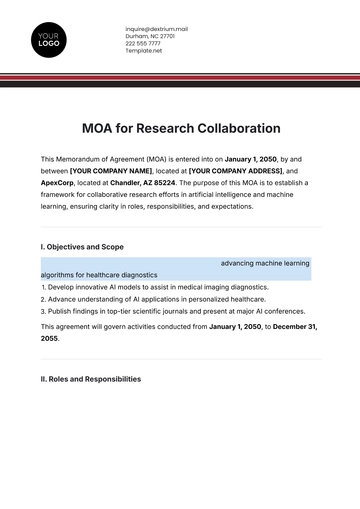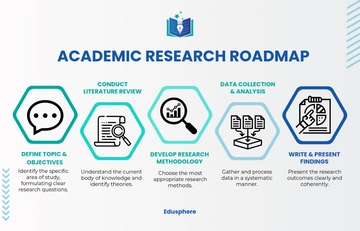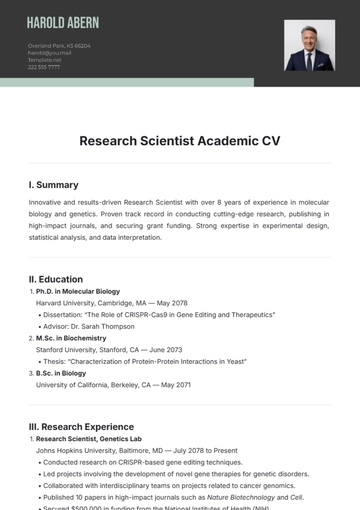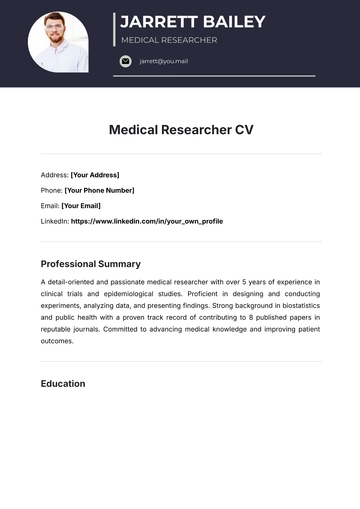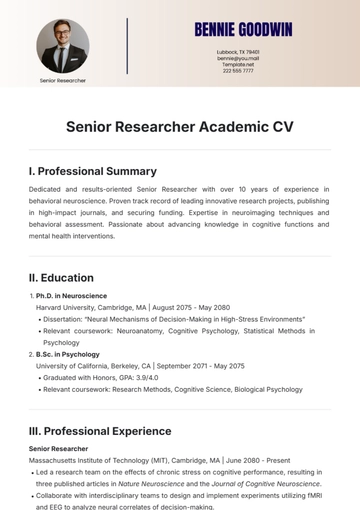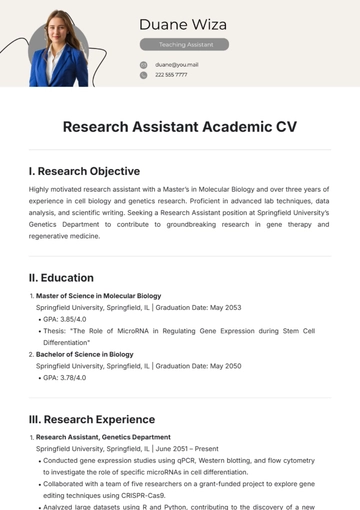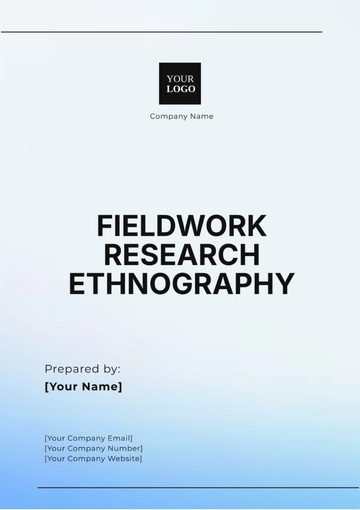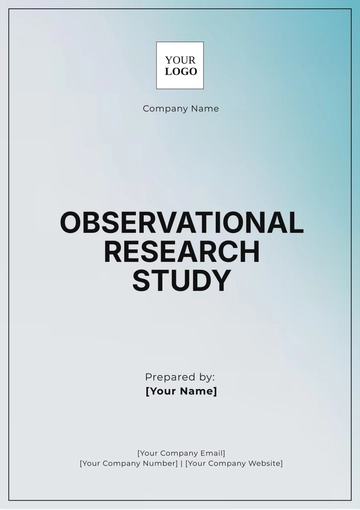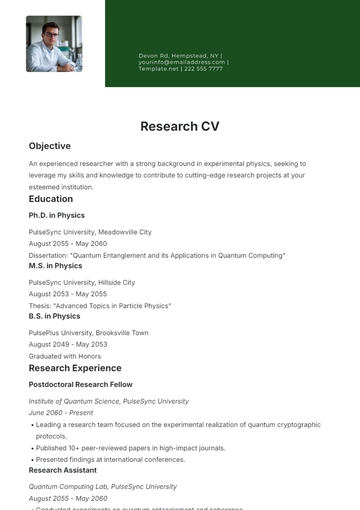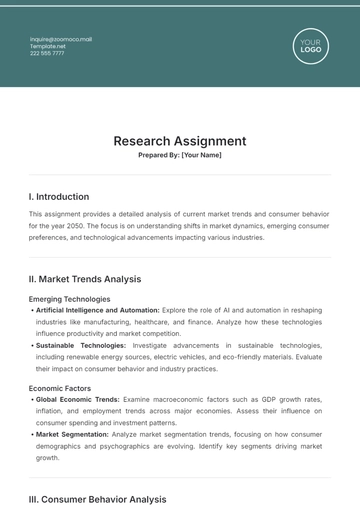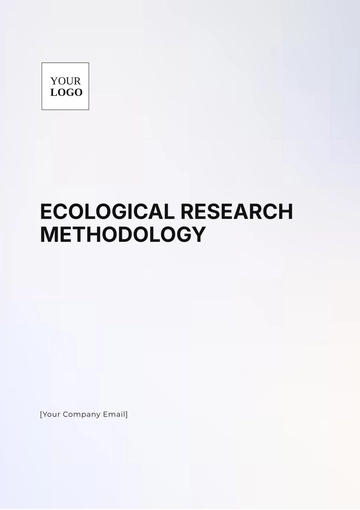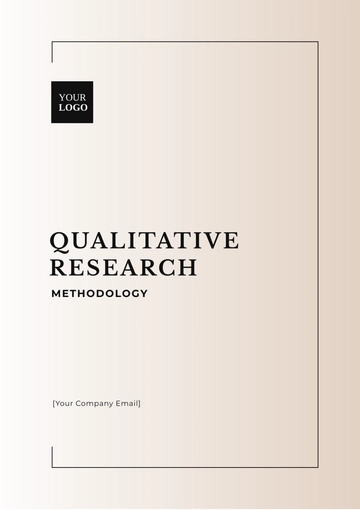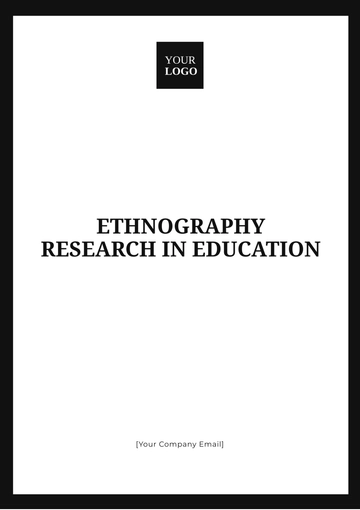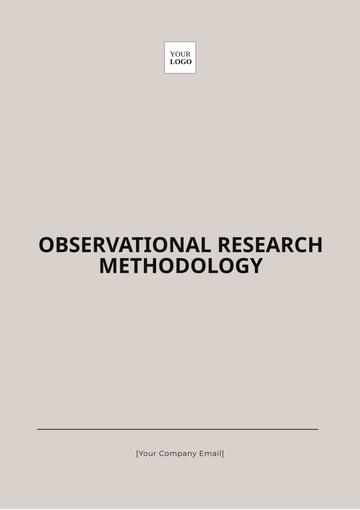Free Arts Education Explanatory Research
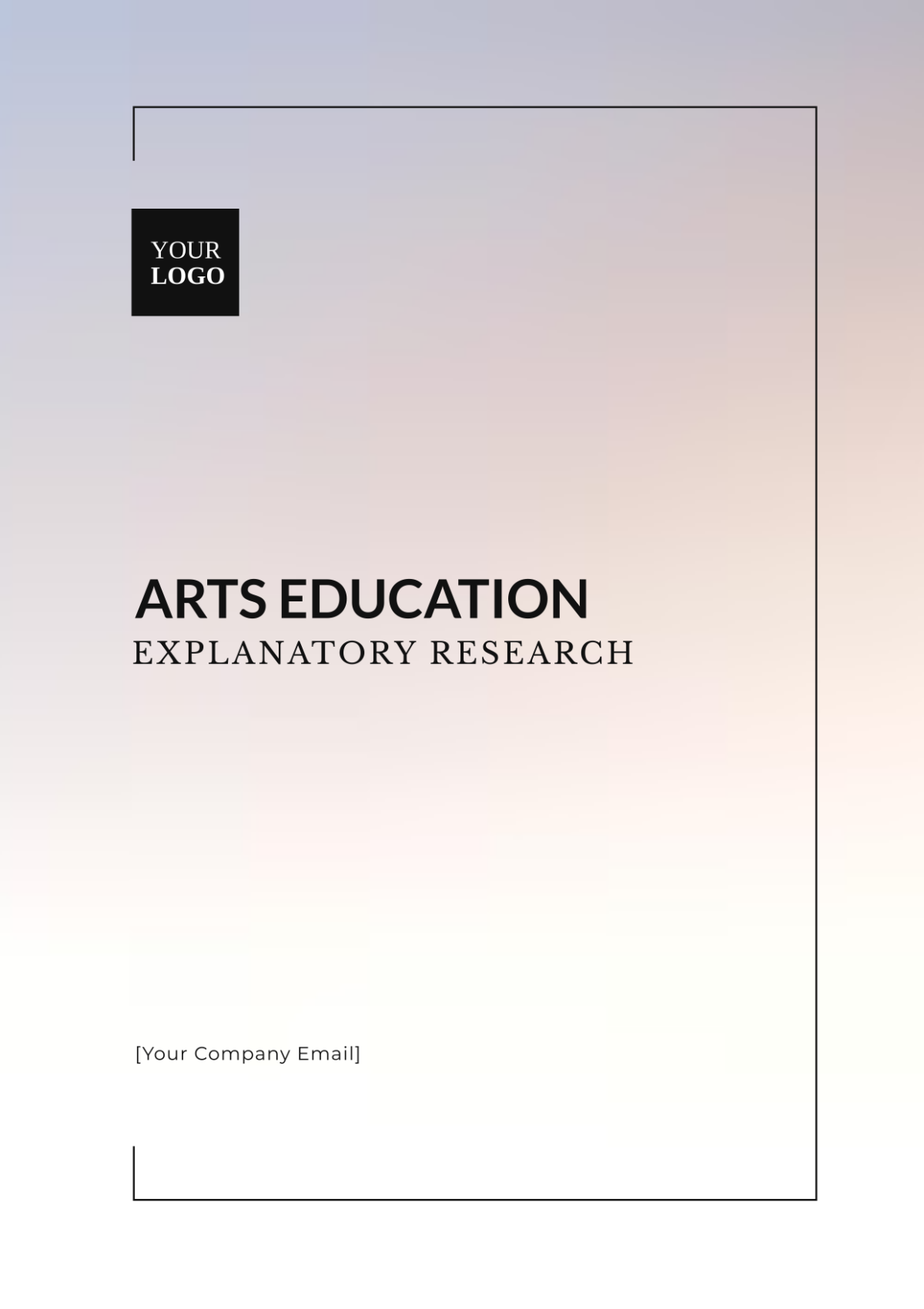
Prepared by: [YOUR NAME]
Date: [DATE]
I. Introduction
Arts education encompasses various forms of teaching and learning in the arts, including visual arts, music, dance, and drama. This research document aims to clarify concepts, methodologies, and outcomes related to arts education. It provides an analysis of educational practices, curriculum effectiveness, and the impact of arts education on students.
II. Concepts in Arts Education
Understanding the foundational concepts in arts education is crucial for educators, policymakers, and researchers. These concepts guide the development of curricula and teaching methodologies.
Aesthetic Education: Focuses on developing students' appreciation and understanding of the arts.
Cultural Education: Integrates arts education with cultural studies to foster a deeper understanding of societies and their artistic expressions.
Creative Expression: Encourages students to use the arts as a medium for personal and emotional expression.
III. Methodologies in Arts Education
Effective teaching methodologies are integral to successful arts education. Different approaches can be adopted depending on the art form and educational goals.
Project-Based Learning: Students engage in projects that integrate artistic skills with academic subjects.
Flipped Classroom: Instructional content is delivered outside the classroom, often through digital means, and in-class time is used for hands-on activities and practice.
Collaborative Learning: Students work together in groups to create or perform art, fostering teamwork and communication skills.
IV. Outcomes of Arts Education
The impact of arts education on students can be profound, affecting various aspects of their development and learning.
Area of Impact | Details |
|---|---|
Academic Performance | Studies show that students engaged in arts education often perform better in other academic subjects such as mathematics and literacy. |
Social Skills | Arts education promotes the development of communication, empathy, and collaboration skills. |
Emotional Well-being | Participating in the arts has been linked to improved self-esteem, reduced stress, and greater overall emotional well-being. |
V. Analysis of Educational Practices
Analyzing current educational practices in arts education can provide insights into areas for improvement and innovation. This includes looking at different teaching strategies, the inclusivity of the curriculum, and the resources available to educators and students.
Examples of effective practices include:
Integrating arts with other subjects to create interdisciplinary learning experiences.
Providing professional development for educators to enhance their teaching skills in the arts.
Ensuring equitable access to arts education for all students, regardless of socioeconomic status.
VI. Curriculum Effectiveness
Evaluating the effectiveness of arts education curriculums involves assessing how well they meet educational goals and the needs of students. Criteria for effectiveness can include alignment with educational standards, the inclusiveness of diverse artistic traditions, and the flexibility to adapt to different learning styles.
VII. References
Various studies and reports have contributed to the understanding of arts education. Here are some key references:
Burton, J. M., Horowitz, R., & Abeles, H. (2050). Learning in and through the arts: Curriculum implications. Champions of change: The impact of the arts on learning, 35-46.
Eisner, E. W. (2052). The arts and the creation of mind. Yale University Press.
Winner, E., Goldstein, T. R., & Vincent-Lancrin, S. (2051). Art for Art's Sake? The Impact of Arts Education. OECD Publishing.
- 100% Customizable, free editor
- Access 1 Million+ Templates, photo’s & graphics
- Download or share as a template
- Click and replace photos, graphics, text, backgrounds
- Resize, crop, AI write & more
- Access advanced editor
Discover the Arts Education Explanatory Research Template from Template.net. This editable template offers a customizable design, allowing you to tailor it to your needs with ease. Perfect for detailed research presentations, it's also editable in our AI Editor Too, ensuring a smooth and efficient editing process. Create impactful educational documents effortlessly!



